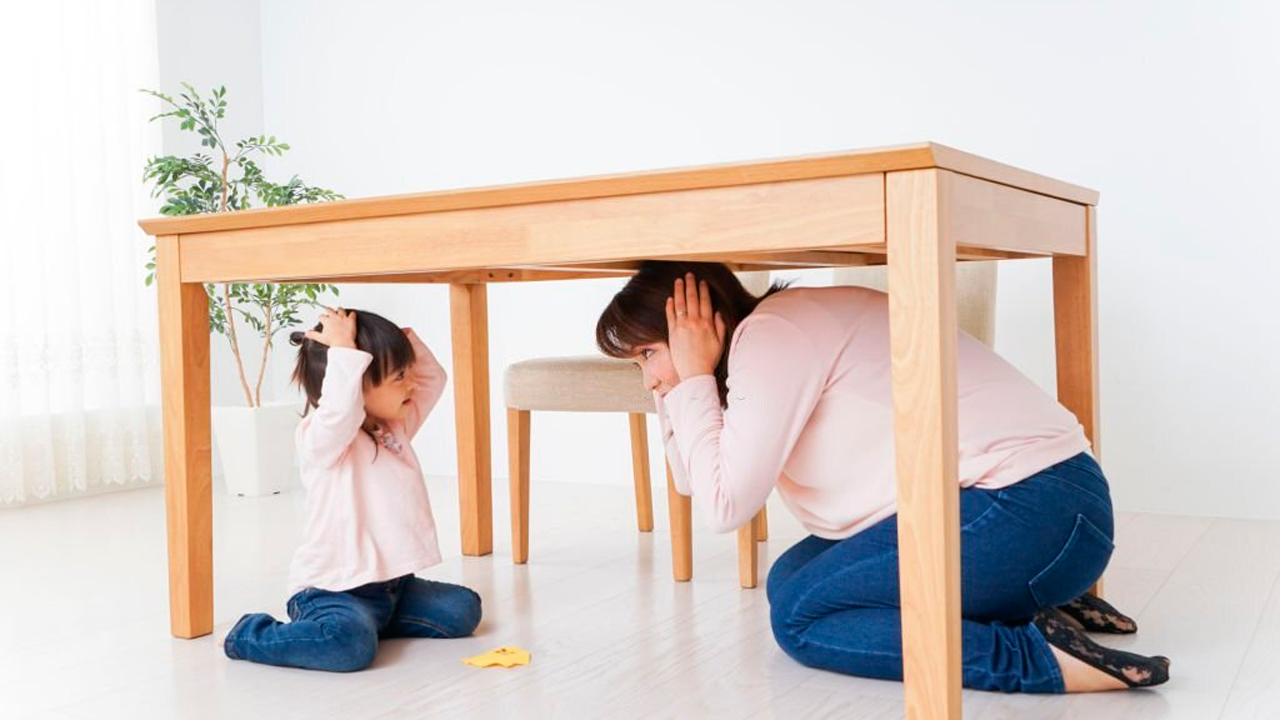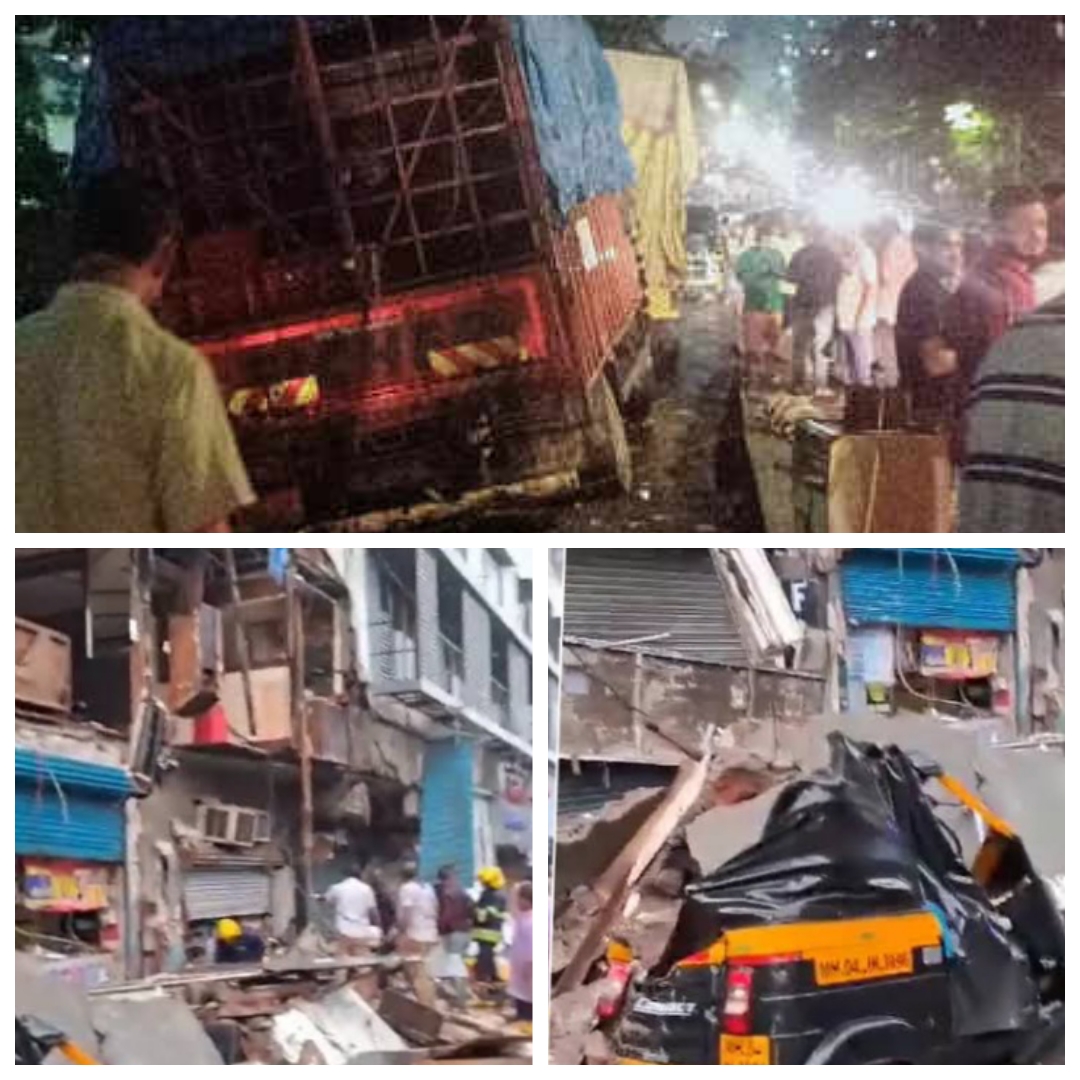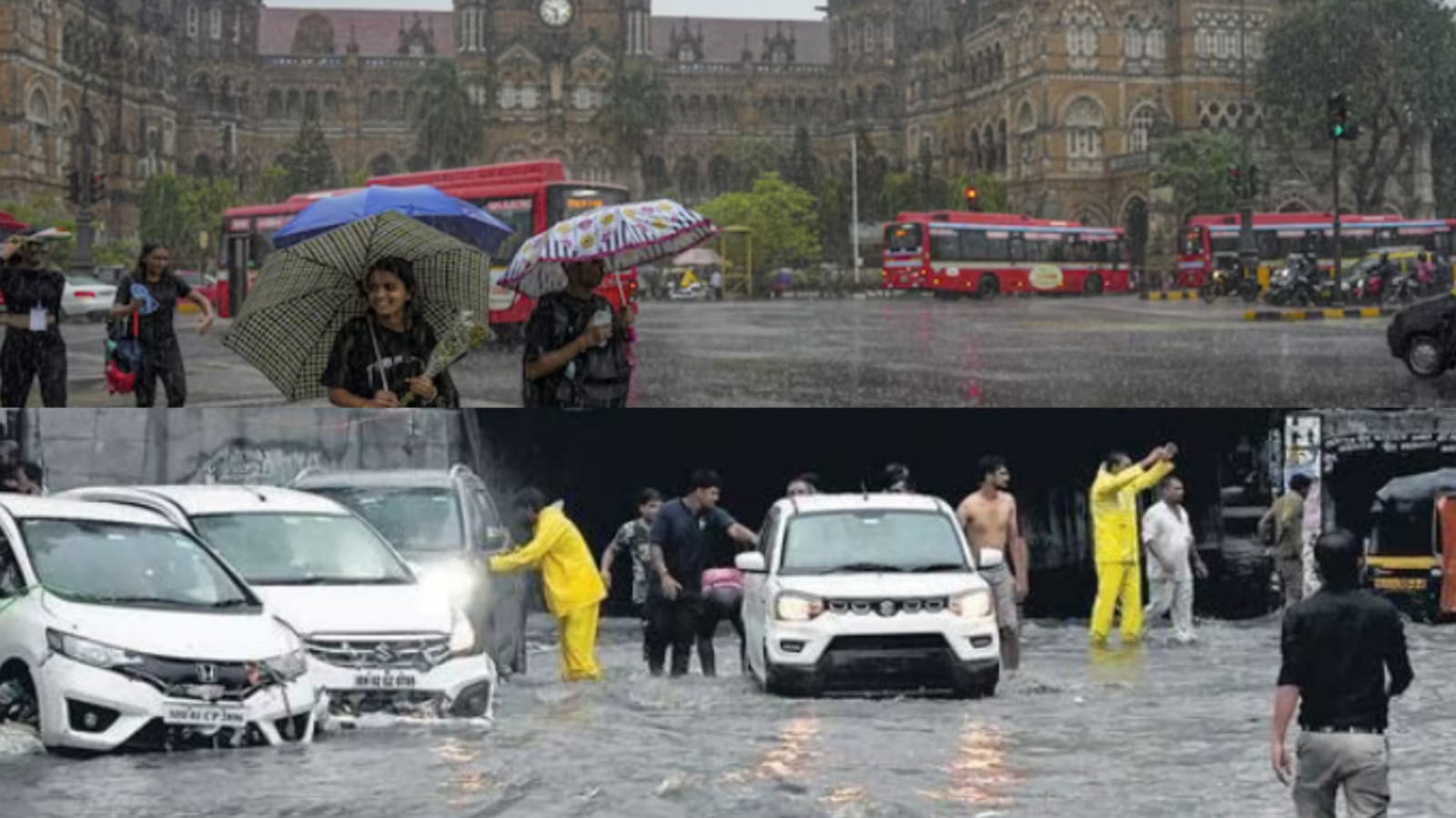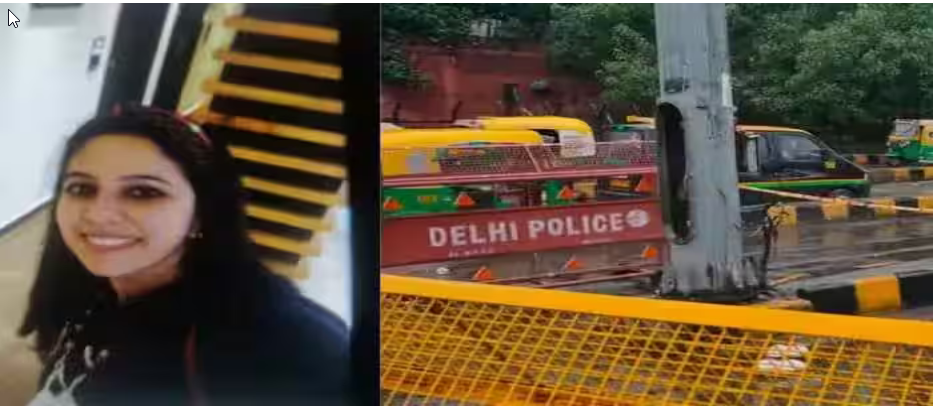A 7.8-magnitude earthquake struck Turkey and Syria in the early hours of the morning on February 6 with the large south-eastern Turkish city of Gaziantep at its epicenter. This was followed less than 10 hours later by a 7.5-magnitude aftershock slightly to Gaziantep’s north.
Yesterday again there was a 6.4-magnitude earthquake with the epicenter in the town of Defne, Hatay province, Turkey. The death toll rose to nearly around 45,000 people, as per the media.
No one can predict when and where the earthquake will hit but we can prepare ourselves before the next natural disaster strikes. Here are some tips that will keep you safer from the next natural calamity.
- Secure your space – Secure your space by identifying hazards and securing moveable items.
- Plan to be safe – Plan a way of communication during emergencies (disaster plan).
- Organize disaster supplies – Organize disaster supplies in a convenient location.
- Minimize financial hardships – Protect your finances by organizing and ensuring the safety of your documents and taking medical covers and insurance.
- Drop, cover, and hold on – Practice and perform drop, cover and hold on. Protect your neck and head under tables or heavy desks. Stay away from windows and bookshelves.
- Ensure safety – Do not move until the shaking is stopped. Later evacuate and help others who have been injured.
- Reconnect and restore – When the earthquake is over, start first aid for injuries. Repair the damaged articles or appliances. Rebuild the community and restore life by connecting with others.
Earthquake safety precautions
- Staying calm is the first step in earthquake safety precautions.
- When an earthquake hits, remember to drop, cover and hold on. Get down under the table or desk.
- Stay away from windows, glass may break or shatter from shaking.
- Don’t stand under or nearby objects that can fall on top of you for eg. almirah, bookshleves.
- If you are in bed, cover your head and neck with a pillow.
- If you are outside, stay away from buildings that can collapse. Get to an open area where there are no trees, buildings, or power lines.
- If you are driving when an earthquake strikes, pull over to a large open area that has no buildings, trees, or power lines. Stay in the vehicle.
- If you are at school, the shopping complex, or the office, don’t take elevators, take the stairs.

 No one can predict when and where the earthquake will hit but we can prepare ourselves before the next natural disaster strikes. Here are some tips that will keep you safer from the next natural disaster like an earthquake.
No one can predict when and where the earthquake will hit but we can prepare ourselves before the next natural disaster strikes. Here are some tips that will keep you safer from the next natural disaster like an earthquake.




















.jpeg)



.jpg)




.jpg)





.jpeg)

.jpg)


